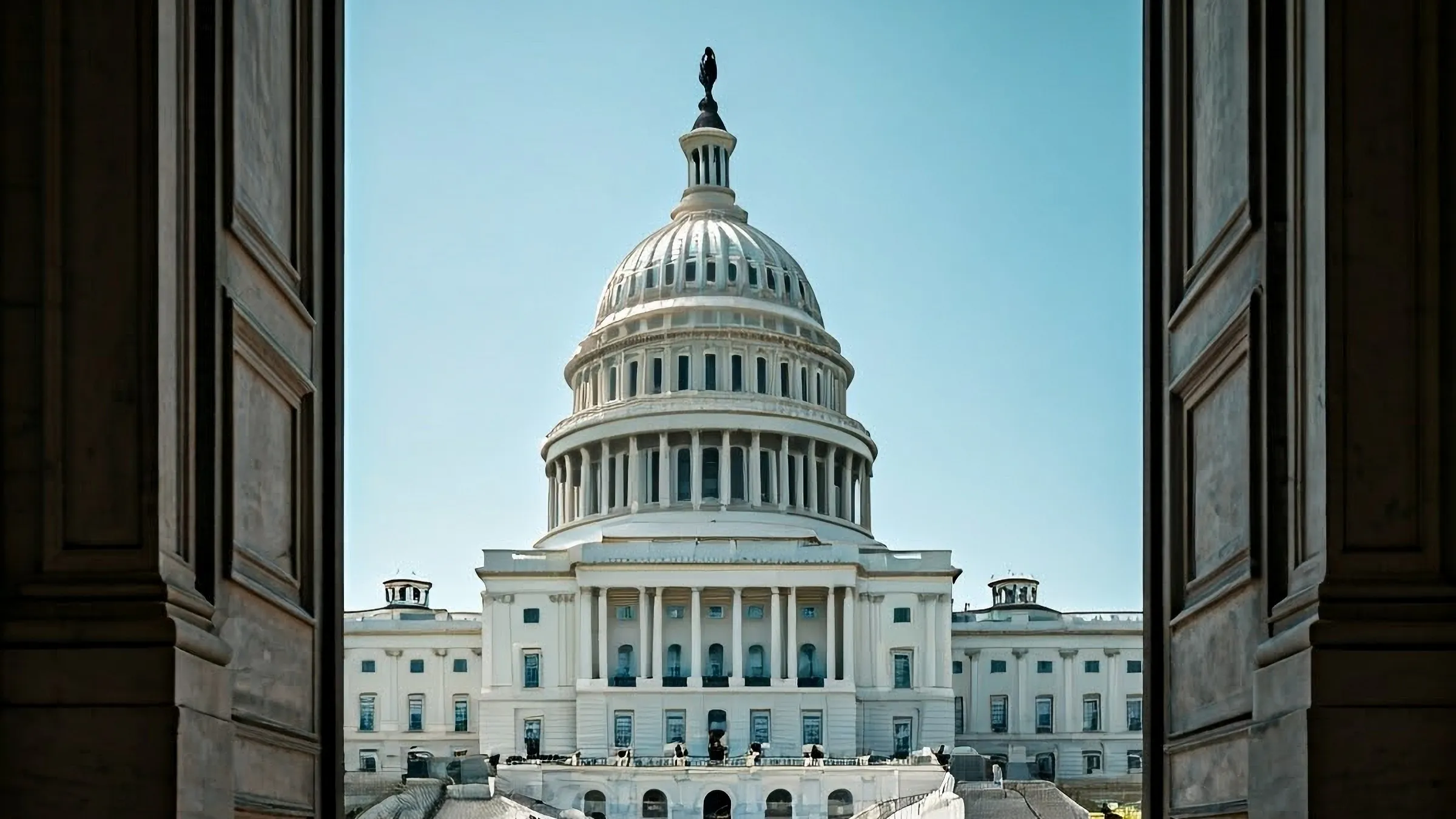
On June 26, the U.S. Supreme Court offered a bit of clarity—and a corresponding bit of ambiguity—concerning the status of President Donald Trump's embattled travel ban on visitors from several Muslim-majority nations.
In deciding to hear arguments for and against the ban in its next term, which starts in October, the court issued a preliminary opinion that partially reversed injunctions from two lower courts striking the ban down in its entirety. The Supreme Court, however, said visitors from the six affected nations—Iran, Libya, Somalia, Sudan, Syria, and Yemen—could be admitted to the U.S. only if they had "a credible claim of a bona fide relationship with a person or entity in the United States."
The wording of the opinion, effective for 90 days for temporary visitors to the U.S., specifically mentions that visitors such as "a lecturer invited to address an American audience" would fall into the category of travelers who must be allowed to enter the country. That may (or may not) be extrapolated to include those who have arranged to attend a technical conference, but organizers of several conferences or regular periodic meetings of international technical bodies say the ban has caused them to more strongly consider the political circumstances surrounding international travel.
"I think it has hurt some community spirit, because in part I think people are very frustrated," said Loren Terveen, president of ACM's Special Interest Group on Computer-Human Interaction (SIGCHI). "They feel this really strikes at the core of what our community is about."
Terveen is not alone in his sentiments, nor is ACM. Shortly after Trump issued his initial travel ban in January, the Internet Engineering Task Force issued its own statement saying the ban raised concerns that members of the global all-volunteer organization, which develops universal Internet protocols, might not be able to travel freely to attend meetings.
Thus far, however, conference organizers report the ban has had minimal impact on attendance.
"We didn't know how it would play out, and went through a lot of frantic activity trying to figure out what we could do to solve this problem," said Sue Fussell, one of the general chairs of the 2017 SIGCHI conference, held in May in Denver, CO. "We put a lot of effort into that. Then I think things played out much better than we originally thought. Some people were banned, but it appeared to be the normal number of people who couldn't get visas and they weren't from those countries in particular. I think the atmosphere of people who came over was relief they got through the border with no problems. We had no problems that week, fortunately. Beforehand, I think there was a lot of anxiety."
Fussell said among those denied visas were Nigerian nationals who did not list any family or activities in Nigeria, which raised concerns they would try to stay in the U.S. without authorization after the conference, and a Pakistani citizen who was rejected, though Fussell said she did not know why.
Likewise, Jerome Solomon, chair of the ACM Special Interest Group on Computer GRAPHics and Interactive Techniques (SIGGRAPH) conference, to be held in Los Angeles July 30 through August 3, said the ban has had next to no effect on the group's plans. "There is little to no impact to SIGGRAPH 2017," Solomon said. "Most of our attendees and contributors historically are not from countries on the travel ban list. We have been monitoring this. But, so far, everything is tracking for us."
Teleprescence gains traction
As international organizations grapple with political issues such as the U.S. travel ban, they are also expanding the use of streaming and telepresence capabilities.
"We do have a panel from a Syrian VFX company presenting at the conference," Solomon said. "Due to the travel ban, they will be joining us via videoconference, and likely driving out of Damascus to Beirut to get the bandwidth needed. One of their founders will also join us in L.A."
Fussell said the use of telepresence robots to facilitate remote participation has increased for the CHI Denver conference (Terveen said the conference now features 13 or 14 robots available for telepresence) and also expects telepresence options to be available at next year's conference in Montreal. Yet much participation, and especially the "X factor" of impromptu meet-ups, is hard to carry out via video, Terveen said.
"If you want to listen to the talks, you can stream things live, and we're starting to do that," he said. "We're making video available, we've been doing that for a while. Participation is much harder. Probably the thing that is hardest of all is serendipitous or opportunistic interactions, which is great about being at a conference; you're walking around at a break and meet people."
Staying put
Whatever the ultimate result of the ban, which the administration has always claimed is temporary in order to examine whether or not the governments of affected nations have visa requirements that meet U.S. standards, several unintended near-term and long-term consequences have emerged.
Firstly, though the ban has been promoted by the Trump administration as necessary to keep those who might harm U.S. interests and citizens out of the country, it has also locked in numerous citizens of those affected nations who are either students or are working in the U.S. So, planning conferences for venues only outside U.S. borders is also no remedy.
"I think it'll have long-term repercussions, and it's not an easy problem to solve because the majority of the people in question are actually here," Fussell said. "It's not a matter of just banning conferences in the U.S., which I know some people have suggested. It doesn't solve the problem."
Farzaneh Badiei, executive director of the Internet Governance Project at the Georgia Institute of Technology in Atlanta, also chair of the Noncommercial Users Constituency (NCUC) at the Internet Corporation for Assigned Names and Numbers (ICANN), which focuses on noncommercial rights in domain names, is one of those individuals. Badiei, an Iranian national who holds a J-1 visa, opted not to go to ICANN meetings at Denmark and South Africa due to the uncertainties around the ban, citing Trump's ardent tweeting for its reinstatement after terror attacks in London in early June.
"That created more uncertainty, so I decided not to go," she said.
While many academics from other nations have decided to boycott U.S.-based conferences, Ed Leach, director of the Norman Newman Center for Entrepreneurship at Dalhousie University in Halifax, Nova Scotia, Canada, said he has no intent to stop traveling to the U.S., nor to watch his tongue in continuing to criticize the ban. Leach also said the ban could ultimately cost the U.S far more than it might gain in perceived safety to nations such as Canada if it is seen as less welcoming to researchers such as Badiei.
"I take the travel ban as an example of the law of unintended opportunity," Leach said. "What Trump has done is make the U.S. vulnerable to losing some of its best minds, though those ramifications don't seem to be something that matters to that portion of the electorate that voted for him."
Badiei, however, is still cautiously optimistic about opportunities for the technical community in the U.S.
"We need to understand that, of course, the political situation has massively changed, but the research particulars of this country—the resources, the way of thinking, have not changed," she said. "That's not something you can change just by electing a president. I think it's still beneficial for researchers, especially in technology, to come to the U.S. Though it does make them uncomfortable and it definitely has affected me, I don't think it will have serious effects unless there are real shutdowns on transit visas and things like that."
Gregory Goth is an Oakville, CT-based writer who specializes in science and technology.



Join the Discussion (0)
Become a Member or Sign In to Post a Comment